By Emily Owens, Container Home Enthusiast
Greetings, fellow container home enthusiasts! It’s been quite a journey over the past four years, exploring the endless possibilities of living in these versatile steel giants. As we delve into another exciting topic today, we’re going green, my friends! That’s right; we’re going to discuss the art of selecting eco-friendly materials for your container home.
Container homes have been gaining popularity not only for their unique aesthetic but also for their sustainability. Many of us are embracing the idea of living more eco-consciously, and building a container home can be a big step in that direction. But, like any home construction project, the devil is in the details. Let’s explore how you can make your container home a paragon of environmental responsibility while still enjoying comfort and style.
Insulation that’s as Toasty as Your Favorite Sweater
One of the first things to consider when building a container home is insulation. You want your home to be cozy, energy-efficient, and climate-friendly. Traditional fiberglass insulation might be the go-to option for most houses, but we can do better than that in the eco-conscious world of container living.
Recycled Denim Insulation
Yes, you heard me right! Recycled denim insulation is made from post-consumer denim, which means it’s not only effective but also keeps old jeans out of landfills. It’s a win-win, and you’ll be insulated in style.
Spray Foam Insulation
Spray foam insulation is an excellent choice for container homes because it offers superior insulation and airtight sealing. Plus, it can be made from eco-friendly materials like soybean oil, reducing its environmental impact.
The Flooring that Will Make You Dance
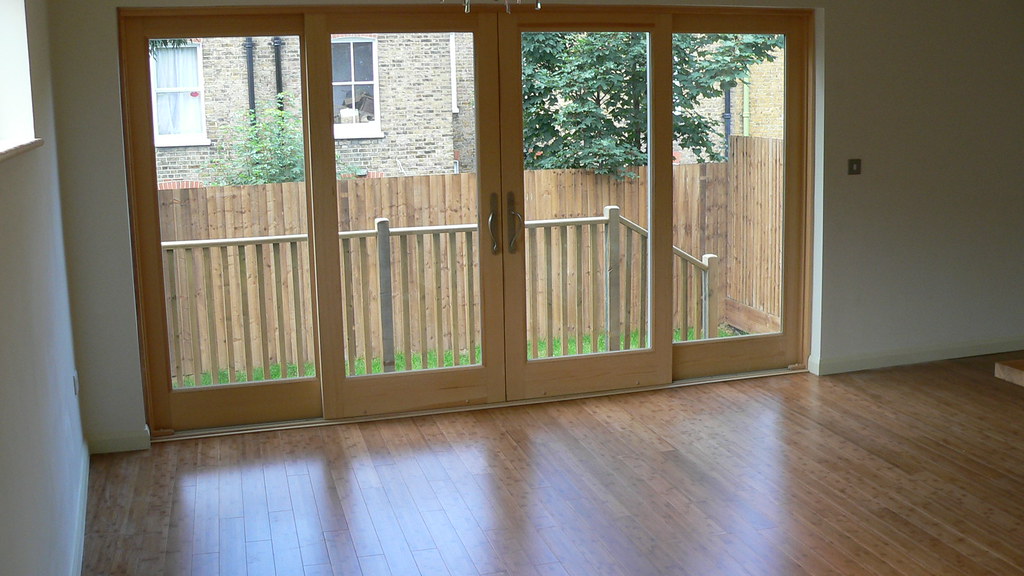
Now, let’s talk about flooring, shall we? You want a floor that’s not just easy on the eyes but also on Mother Earth.
Bamboo Flooring
Bamboo is a fantastic choice. It’s fast-growing, sustainable, and can be harvested without killing the plant. Plus, bamboo flooring looks gorgeous and is incredibly durable.
Cork Flooring
Cork is not just for wine bottles; it’s also a fantastic flooring material. Cork is harvested from the bark of cork oak trees, and the process doesn’t harm the tree. It’s comfortable to walk on, naturally insulating, and oh-so-stylish.
Walls that Speak Sustainability
The walls of your container home are like a canvas waiting to be adorned. You can choose materials that are both eco-friendly and visually appealing.
Reclaimed Wood
Consider using reclaimed wood for accent walls or as the primary wall material. Reclaimed wood not only looks rustic and beautiful but also reduces the need for cutting down new trees.
Recycled Metal
Since we’re talking about container homes, why not embrace the industrial vibe and use recycled metal for your interior walls? It’s a nod to the container’s origins and adds a unique touch to your home’s design.
The Roof Over Your Head
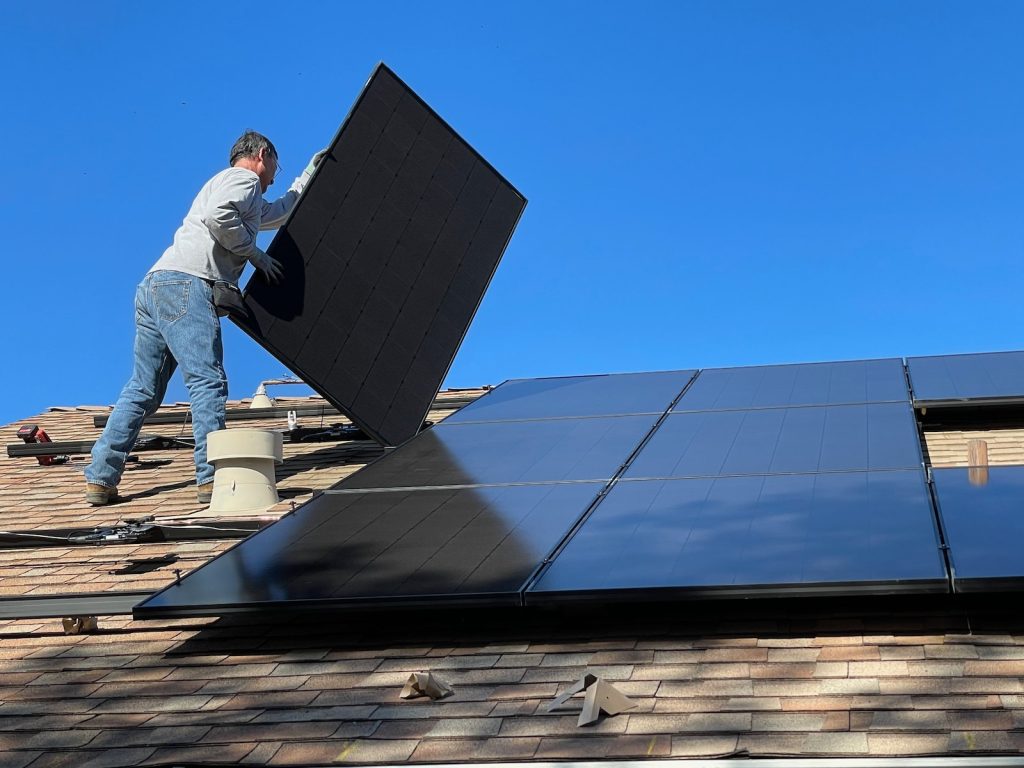
Your roof is your first line of defense against the elements, and it can also be a great place to go green.
Green Roofs
If you’re feeling adventurous and want to take your eco-friendliness to the next level, consider a green roof. These living roofs are covered in vegetation, helping insulate your home, absorb rainwater, and provide a cozy habitat for local wildlife.
Solar Panels
Solar panels are a classic choice for eco-conscious homeowners. Not only do they reduce your energy bills, but they also lower your carbon footprint. Plus, they can make your container home look like a futuristic haven of sustainability.
Windows to the World
Windows are essential for letting in natural light and providing ventilation. When choosing windows for your container home, consider these eco-friendly options:
Low-E Windows
Low-emissivity (Low-E) windows are coated with a special material that reflects heat and harmful UV rays. They keep your home comfortable and reduce the need for heating and cooling, which is a win for both your wallet and the environment.
Recycled Glass
You can find windows made from recycled glass, which is a fantastic way to reduce the demand for new raw materials.
Water and Energy Efficiency
Lastly, but certainly not least, make your container home eco-friendly by focusing on water and energy efficiency.
Energy-Efficient Appliances
Invest in energy-efficient appliances to reduce your electricity consumption.
Rainwater Harvesting
Install a rainwater harvesting system to collect rainwater for non-potable uses like watering your garden or flushing toilets.
Composting Toilets
Composting toilets are a fantastic eco-friendly alternative to traditional flush toilets. They save water and produce nutrient-rich compost for your garden.
In conclusion, building an eco-friendly container home is not only responsible but also rewarding. With the right materials and a bit of creativity, you can create a sustainable oasis that’s both kind to the environment and easy on the eyes. So, go ahead, get those creative juices flowing, and build your dream container home that’s as green as the lush forest it may one day overlook. Happy container living!





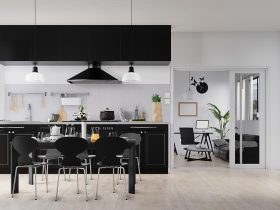
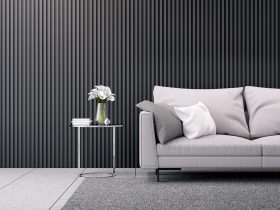




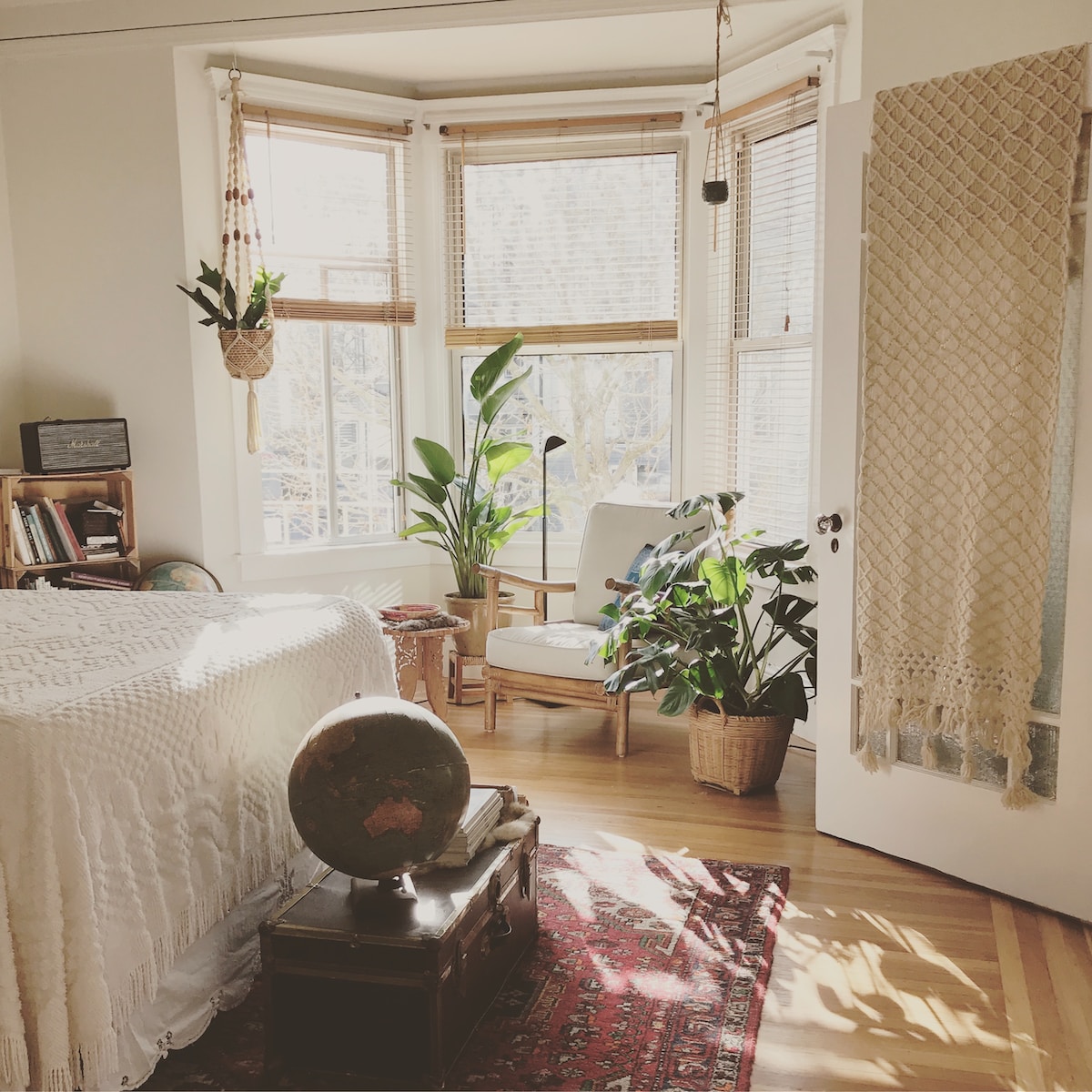

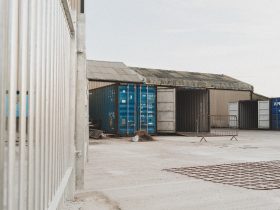



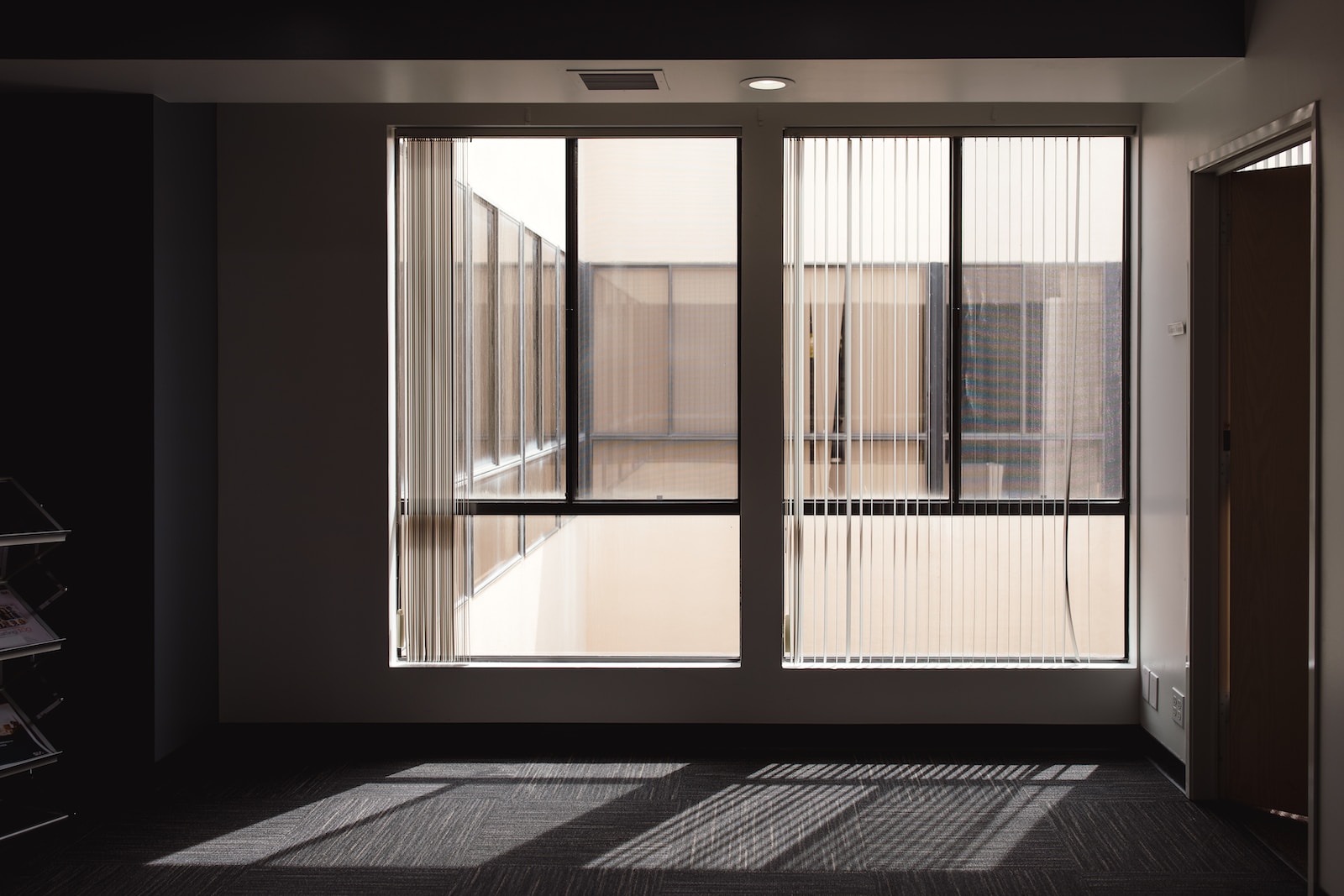
Find Us on Socials